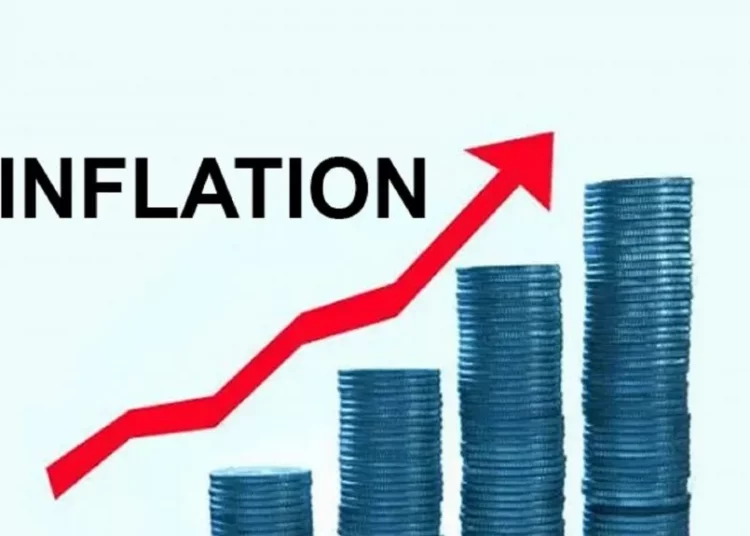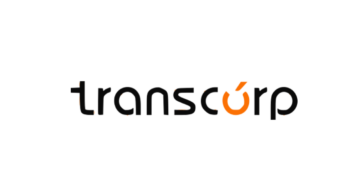The private sector has called for greater attention to logistics, insecurity and trade policy to combat inflation.
The sector noted a steady decline in Nigeria’s headline inflation rate for the third consecutive month, but expressed concerns over persistent price pressures.
Nigeria’s inflation rate eased to 22.22 per cent in June 2025, marking the fourth consecutive monthly decline since March. However, food inflation rose to 21.97 per cent in June from 21.14 per cent in May, implying an increase of 0.83% points. Similarly, core inflation increased by 0.48 per cent to 22.76 per cent in June compared to 22.28 per cent in May.
Speaking, the director/CEO of Centre for the Promotion of Private Enterprise (CPPE), Dr. Muda Yusuf noted that “the steady decline in headline inflation for the third consecutive month. This is salutary, but concerns remain as the month on month figures continue to reflect persistent pressures on prices.”
He explained that logistics costs, insecurity, foreign exchange cost, seasonality of crop production systems and cost of imports continue to be the major drivers of inflation in the economy.
“From a policy perspective therefore, more attention needs to be paid to these variables. However, it is curious that despite the stability in the exchange rate, core inflation is still on the upward trend. Greater attention needs to be paid to the activation of trade policy instruments to bring down imported input cost in the economy.
“Tariff policies need to be further recalibrated to ease the cost of critical inputs for the production and service sectors of the economy. The exchange rate for the computation of import duty needs to be reviewed to ease trade costs,” he said.
Yusuf acknowledged the numerous investments by the federal and state governments to boost agricultural production, saying “it is important to draw attention to the fact that the dramatic appreciation of the currency of our neighbouring countries (the CFA) against the naira has created a huge incentive for the export of Nigerian products, especially agricultural products, to these countries.
“Nigerian products are now incredibly cheaper for these countries to buy. This is also taking a toll on domestic supply of food. The challenge therefore is to scale up domestic production.”
The president of Lagos Chamber of Commerce and Industry (LCCI), Gabriel Idahosa said that “despite this progress, inflation remains elevated, mainly driven by persistent food inflation, high energy costs, and structural inefficiencies in supply chains.
“The Central Bank of Nigeria (CBN) is expected to maintain a cautious stance, balancing the need to contain inflation to support economic recovery.”
He noted that if sustained, the continued moderation in inflation could create room for interest rates to ease in the second half of the year, improving access to credit for businesses and consumers.
To support this expectation, Idahosa explained that “we must proactively deal with climate change’s increasing threats and impacts, as seen in flooding in many parts of the country. Food inflation has continued to defy all applicable measures so far due to the persistent threat from insecurity around our farmlands.”





